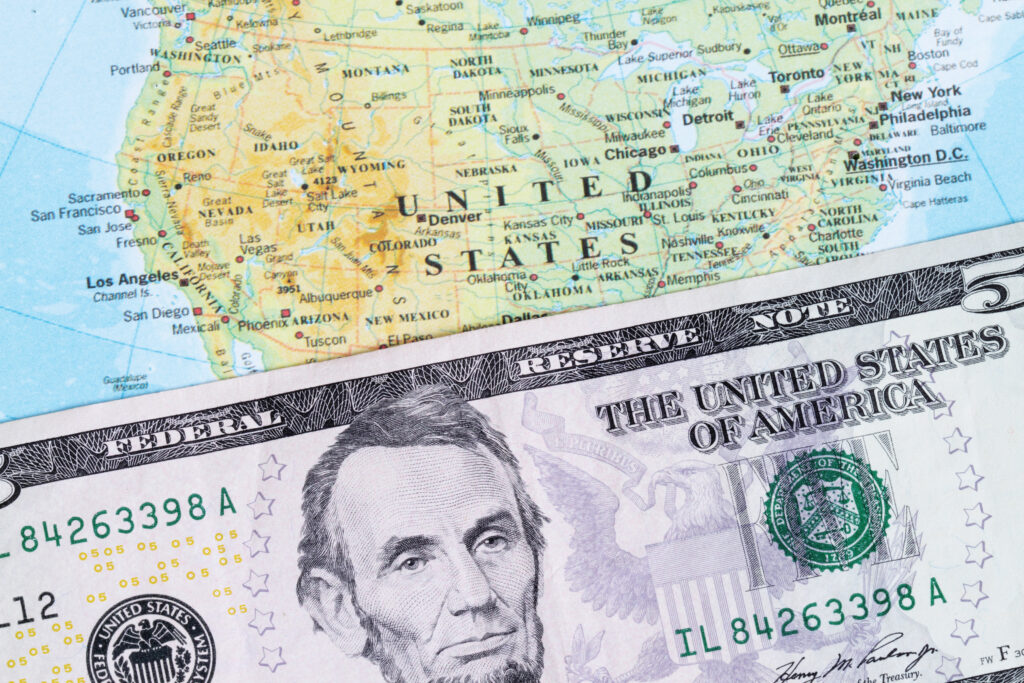Temperatures and tensions are high right now across the country as Congress debates its next pandemic response and states continue to sweat through difficult decisions. Nevada lawmakers, for example, just wrapped up a special session during which they came within one vote of a proposed tax increase but ultimately chose to balance their shortfall through only funding cuts. But advocates in many states, including California, New Jersey, New York, and Rhode Island are trying to light a fire under lawmakers to encourage them to enact progressive tax increases on their wealthiest households.
Major State Tax Proposals and Developments
- It has been a whirlwind in the NEVADA legislature recently as lawmakers convened for a special session to address their $1.2 billion current-year shortfall, ultimately falling one vote short of a modest increase in mining taxes and opting instead for a slew of funding cuts to education and other state priorities. One small bright spot in the session was a decision to allocate $50 million of federal relief funds to help schools with remote learning. Gov. Steve Sisolak intends to call another special session after giving lawmakers and his office some more time to prepare and organize. – DYLAN GRUNDMAN
State Roundup
- Advocates in CALIFORNIA are calling on lawmakers to fund core public priorities and improve the state’s tax code by raising taxes on the 165 billionaires who live in the state and have profited by an average of $1 billion each just in the last few months.
- In another marathon budget debate yesterday, the DISTRICT OF COLUMBIA (DC) Council reconsidered a new 3 percent tax on the sales of advertisements that would have raised $18.4 million per year. Lawmakers are now considering replacing the tax with a slew of budget cuts to vital programs such as affordable housing, behavioral health, and support for excluded workers. Earlier this month, the Council voted against a modest tax increase for households earning at least $250,000. The second and final budget vote is postponed until tomorrow.
- MASSACHUSETTS Gov. Charlie Baker filed an interim budget for August while lawmakers continue work to determine the state’s budget (and revenue outlook) for fiscal year 2021.
- MISSOURI Gov. Mike Parson bluntly stated that children in the state will go back to school, contract COVID-19, and return home to their parents, while at the same time cutting funding and jobs at the state agency that protects children from abusive and neglectful parents. And the state’s revenue problems could get even worse as cuts were also made to its notoriously underfunded tax department.
- NEBRASKA lawmakers are back in session with a lot of tax talk on the agenda as they try to sort out the state’s property tax and school funding situation, business tax subsidy system, and decision on tax cuts in the federal CARES Act that could cost the state $250 million without action.
- A proposal in NEW JERSEY would raise revenue by applying a tax of $0.0025 per financial transaction for entities that process at least 10,000 transactions per year.
- NEW YORK is also reconsidering its stance on its financial transactions tax, which is technically already on the books but is cancelled out by a 100 percent rebate. Reviving the tax could raise $13 billion per year, predominantly from millionaires and billionaires, many of whom live out of state.
- Gov. Roy Cooper makes the case for additional federal aid, stating that NORTH CAROLINA is unlikely to return to its previously expected 2020 revenue levels until at least 2023.
- The NORTH DAKOTA legislature is considering increasing the fuel tax by one cent to 24 cents–the state most recently increased its fuel tax in 2005 when it raised it from 21 cent to 23 cents.
- In RHODE ISLAND a coalition of community groups released a Justice Budget Platform that, among other things, would raise taxes on the state’s highest earners and increase the state’s Earned Income Tax Credit.
- SOUTH DAKOTA Gov. Kristi Noem announced that the state closed fiscal year 2020 with a $19 million surplus. While, total revenues were almost $8 million lower than projected, expenditures were $27.2 million lower than budgeted. The governor credited businesses staying open during the pandemic for the state’s economic standing.
What We’re Reading
- The Center on Budget and Policy Priorities explains the hardships facing families around the country and how additional federal pandemic relief can help alleviate them.
- Stateline covers some of the states and cities that have (smartly) raised taxes to shore up funding for vital public services during the downturn.
- The National Conference of State Legislators has compiled an interactive database of measures taken by states so far to close pandemic-induced revenue shortfalls.
- Stateline also covers how the pandemic is reversing gains made in recent years by Black middle class families and businesses.
- Researchers at Boston Indicators make the case for a revamped Earned Income Tax Credit in their new report featuring ITEP data. The enhanced credit would provide a guaranteed income for low- and moderate-income MASSACHUSETTS residents.
- NEBRASKA’s OpenSky Policy Institute has a new brief on actions lawmakers can take to begin reducing racial inequities in the state.
- ITEP Policy Analyst Marco Guzman presented to MONTANA’s Interim Revenue Committee on sales taxes this week.
If you like what you are seeing in the Rundown (or even if you don’t) please send any feedback or tips for future posts to Meg Wiehe at [email protected]. Click here to sign up to receive the Rundown via email.





